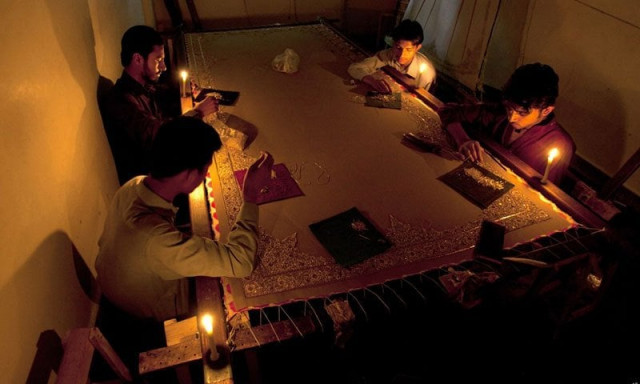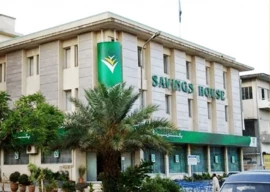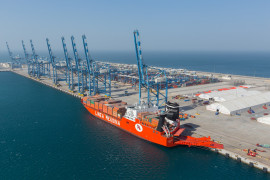
“The government has added 5,250 megawatts to the national grid over the past three years and 5,000MW more will be added before the 2018 summer season,” said Overseas Investors Chamber of Commerce and Industry (OICCI) President Khalid Mansoor on Monday.
He was speaking at the unveiling of the OICCI Energy Reforms 2017 report.
Pakistan plans to set up renewable energy institute
He, however, termed growing liquefied natural gas (LNG) imports an interim solution and underlined the need for counting on domestic resources for electricity generation.
Coal-based power plants should be set up at the mouth of Thar mines instead of running them on imported coal, he suggested.
Quoting the report, Mansoor said Pakistan’s energy consumption was expected to grow 70% over the next 10 years, which would add substantially to the current $11-billion import cost of energy.
Before the start of Thar coal projects and keeping in view the long gestation period of hydroelectric power projects, additional power generation was expected to be based on imported coal and LNG, said the report.
This, together with high transmission and distribution losses, is going to keep the circular debt and energy cost under stress for the next few years.
“OICCI members recognise that Pakistan faces several challenges in the energy sector, including the higher cost of power impacting competitiveness of exports and cost of doing business in Pakistan,” Mansoor said.
The energy reforms report “is an effort of the OICCI, whose members include some of the most renowned multinational companies and Fortune 500 companies operating in Pakistan, to recommend … key policy changes required to optimise the available resources as well as putting the energy sector on a fast track in line with the economic growth potential of the country.”
OICCI has 28 members from the energy sector who are associated with oil exploration, refining, marketing, distribution, coal mining and power generation with an asset base of over Rs1,500 billion.
In the upstream sector, the OICCI recommended that oil and gas exploration and production should be accelerated in order to make affordable energy available to the consumers.
One of the policy recommendations is to segregate the policy and regulatory functions at the Ministry of Energy (Petroleum Division) besides accelerating the award of new exploration licences with additional focus on tight gas production, offshore exploration and introducing a marginal field policy.
Timely completion of power transmission and distribution projects is also critical for the additional generation capacity including from Thar coal block-II that is going to add 4,000MW by the end of 2025.
Highlighting the areas that need reforms in the downstream sector, OICCI Energy Sub-committee Chairman Jawwad Ahmed Cheema argued that no policy had been framed for that sector since 1997.
Bringing technological development into CPEC
The report recommended building new oil refineries, enhancing the existing refining capacity, improving fuel specification, import infrastructure, transportation value chain, introducing a fair and transparent pricing mechanism, improving the oil marketing companies and most importantly allowing only serious players to operate in the sector.
In the power sector, according to the report, LNG is termed a quick but temporary solution and the government has been urged to move towards self-reliance and utilising the untapped domestic coal, hydel, wind, solar and tight/shale gas resources.
OICCI suggested the replacement of inefficient, costly and heavy furnace oil-based power plants in a phased manner. It also asked the National Electric Power Regulatory Authority to ensure cost-reflective tariffs that provide an incentive for investment in the distribution sector.
Published in The Express Tribune, January 30th, 2018.
Like Business on Facebook, follow @TribuneBiz on Twitter to stay informed and join in the conversation.

















COMMENTS
Comments are moderated and generally will be posted if they are on-topic and not abusive.
For more information, please see our Comments FAQ